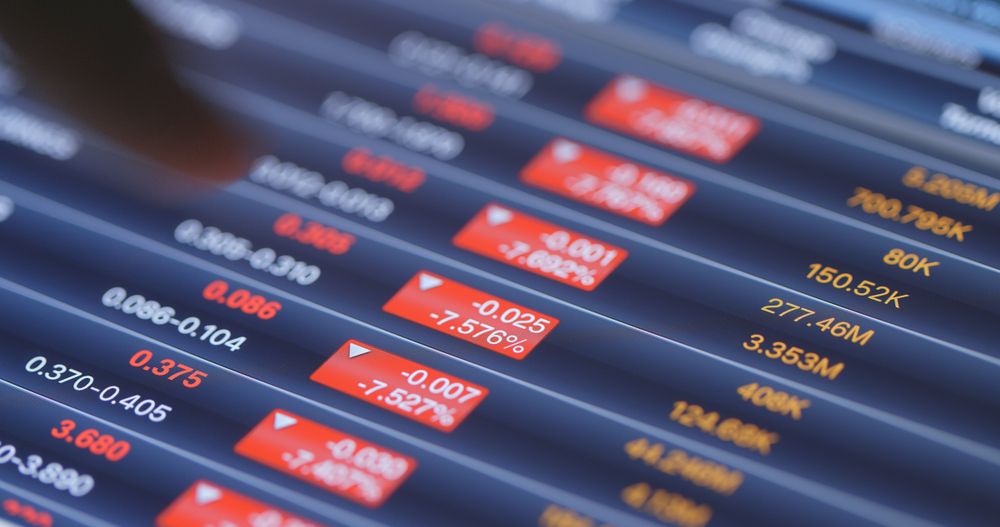Economic recessions are generally only speculated about, rather than included in forecasts. Seldom are downturns ever a core component of predictive models other than ‘managed risk.’
This past December, as the market plummeted, many were predicting a cataclysmic result. However, the beginning of 2019 surprised many with new all-time-highs. Enthusiasm shot back up and all fears of downturns practically disappeared overnight.
Over times, economists talk about slowdowns rather than economic recessions. That’s because these major crises are influenced by factors beyond just basic market mechanisms. The market can never be isolated from socio-political phenomena.
As a result, recessions seem to often appear seemingly out of nowhere, and the longer we go without one, the more likely it will happen without anticipation.



Economic Recession Probability Metrics Generally Useless
Each year the St. Louis Federal Reserve publishes a probability chart of how likely an economic recession is to hit. However, if we look at how historically accurate it has been, it makes it painfully obvious how uncertain market trends really are. For example, in August 1969, the chance of an economic recession was put at around 0.4 percent. By October 1970, when the beginnings of a recession were already starting, it jumped to 85 percent. Similarly, in November 1973, the chance of an economic recession was around 0.4 percent and by November 1974 it was at 100 percent. For each major economic recession, the Reserve’s probability lagged behind the actual recession by months — sometimes even up to a year. Oftentimes, a majority-chance prediction of a decline only happened once it was right in front of our noses. This tells you all you need to know about today’s relative silence when it comes to fears of an economic recession, despite the escalating political crises. Investors think they are safe, but in reality, they merely have their blinders on.
Bitcoin: A Hedge Against Chaos
Although young, the only real market which has demonstrated itself to be almost entirely decoupled from most traditional markets is the cryptocurrency space. Although many would scoff at this insinuation, one cannot deny the clear reality that Bitcoin (BTC) is currently rising amid growing political and economic uncertainty. Bitcoin has boasted higher returns than any other traditional asset in the past two years. However, this has less to do with returns and more to do with principle. In an anemic economy, the only possible jumpstart is more capital. Since cryptocurrencies posit an ultra-accessible financial world where capital can move seamlessly in real-time, this just may be what’s needed to reignite sluggish global markets. Do you agree that an economic recession can’t be predicted? Is Bitcoin (BTC) the best hedge against such fears? Let us know your thoughts in the comments below.
Top crypto platforms in the US
Disclaimer
In adherence to the Trust Project guidelines, BeInCrypto is committed to unbiased, transparent reporting. This news article aims to provide accurate, timely information. However, readers are advised to verify facts independently and consult with a professional before making any decisions based on this content. Please note that our Terms and Conditions, Privacy Policy, and Disclaimers have been updated.

Advertorial
Advertorial is the universal author name for all the sponsored content provided by BeInCrypto partners. Therefore, these articles, created by third parties for promotional purposes, may not align with BeInCrypto views or opinion. Although we make efforts to verify the credibility of featured projects, these pieces are intended for advertising and should not be regarded as financial advice. Readers are encouraged to conduct independent research (DYOR) and exercise caution. Decisions based on...
Advertorial is the universal author name for all the sponsored content provided by BeInCrypto partners. Therefore, these articles, created by third parties for promotional purposes, may not align with BeInCrypto views or opinion. Although we make efforts to verify the credibility of featured projects, these pieces are intended for advertising and should not be regarded as financial advice. Readers are encouraged to conduct independent research (DYOR) and exercise caution. Decisions based on...
READ FULL BIO
Sponsored
Sponsored
